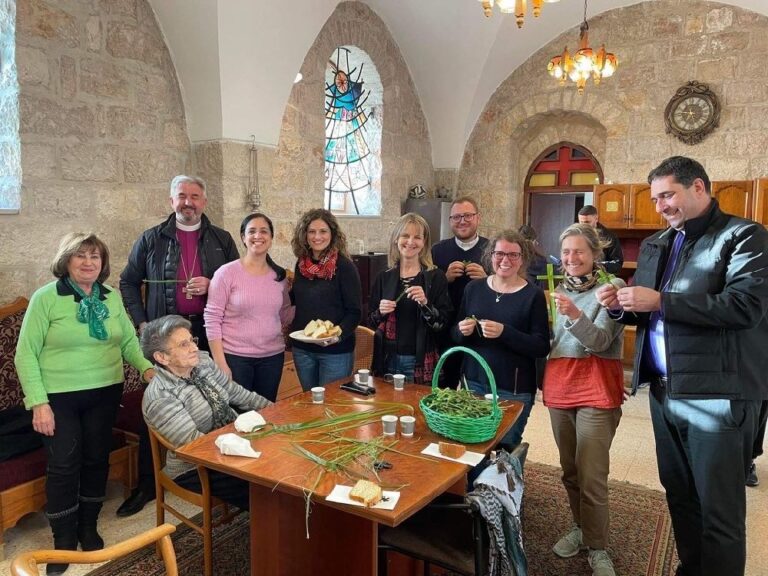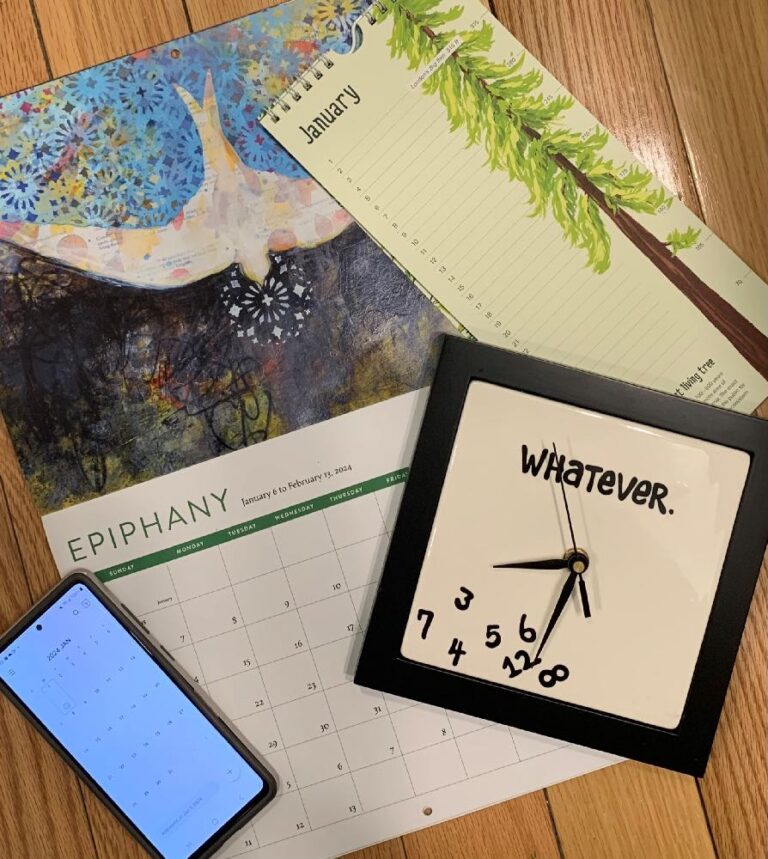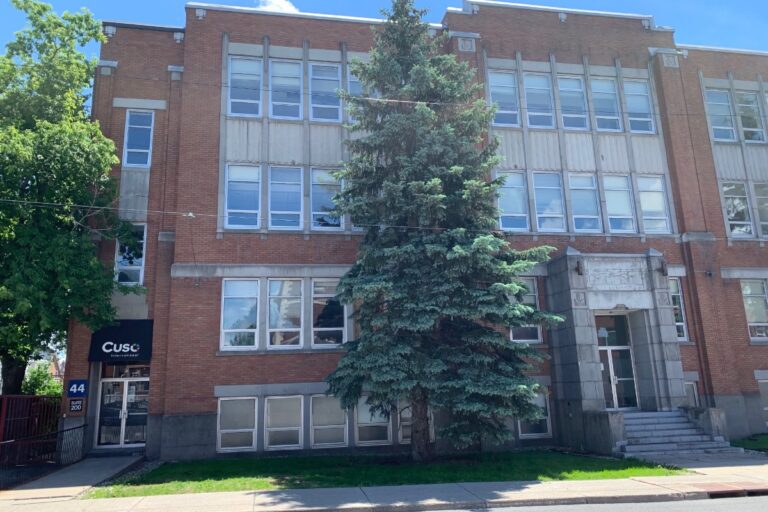From our Bishop:
This year I celebrate the twentieth anniversary of my relationship with our companion Diocese of Jerusalem. My first pilgrimage the land of the Holy One was in Eastertide of 2004. The second Intifada was running its course, and movement to parts of the West Bank was severely restricted. It took several attempts to get into Bethlehem as the checkpoints kept closing. When we finally did get through, Manger Square, located near the Church of the Nativity and normally filled with pilgrims and vendors, was practically deserted.
The current war in Israel and Gaza has cost too many civilian lives and has displaced too many more, with too many children left without families to care for them. It seems trite to mention how tourism has been flattened by the conflict, but many Palestinian and Israeli livelihoods depend on it. For the tiny Christian population in the Holy Land, no tourism also means increased isolation, and that is of concern—because Christians there are in large part Arab, in large part Palestinian, and their very existence is threatened by the violence and instability between Israel and Palestine.
Pilgrimages to the Land of the Holy One have been a cherished part of my spiritual life over the last 20 years—especially the ones I have had the privilege of leading. Bringing pilgrims to the places where the Gospel readings we hear from Sunday to Sunday become grounded in the “fifth Gospel” of the land itself has been wonderful. It has been deeply good to see participants transform from tourists to pilgrims as familiar readings are heard in the places, plants, water, sky, wind, air, and vistas of the land where Jesus walked.
But the most cherished part of my time in the troubled land of the Holy One—and this is true for many in our diocese who have been pilgrims—are the friendships with our siblings who live there. They are the ones who carry forward the faith of the very first Christians, and they are a visible sign of the presence of Jesus Christ in the land where he was born, lived, died, and rose from the dead.
A year ago, I led a pilgrimage that underlined for me the importance of staying connected with fellow Christians in Palestine and Israel. It was the first time I was there as a bishop, and I was struck by how many local Anglican clergy knew I was coming. Normally, pilgrimages are tightly scheduled, with a careful mix of holy sites and meeting people to gain a better understanding of the Palestinian and Israeli narratives. (My dear friend, Archbishop Hosam Naoum, Primate of Jerusalem and the Middle East, tells pilgrims, “Please don’t divide us further. Listen, understand both narratives, as confusing as that is, and pray for the peace of Jerusalem”). I realized some of the clergy really wanted to meet with me and my group of pilgrims, but, regrettably, I had not planned for that.
One priest followed our bus for a great distance in order to meet up with us. When he did, he said, “Tell everyone we Christians are here: we are the living stones—we are not dead we are alive. Do not forget us.” I will never forget his determined effort to be seen and heard by me and my pilgrim group.
I was in Jerusalem for Palm Sunday last year, having spent the previous three weeks immersed in renewing old friendships and making a pilgrimage happen. On the Saturday before Palm Sunday, I went with Archbishop Hosam to Ramallah for a graduation ceremony at a secondary school operated by the Diocese of Jerusalem. As I watched the happy faces of the students lining up for photographs, I could not help but wonder how many would remain in the Holy Land. I suspect the current conflict will prompt many to consider their options, leaving even fewer Christians there.
For those who do remain, the commitment of our diocese and other churches around the world to maintain active relationships with Christians in Israel and Palestine is important and greatly appreciated. Inshalla, I will return again before too long, to remind cherished friends they are not forgotten.
The Right Reverend Shane Parker
Bishop of Ottawa
Related Articles
January 1, 2024
Spending more time in God’s time
April 12, 2024


